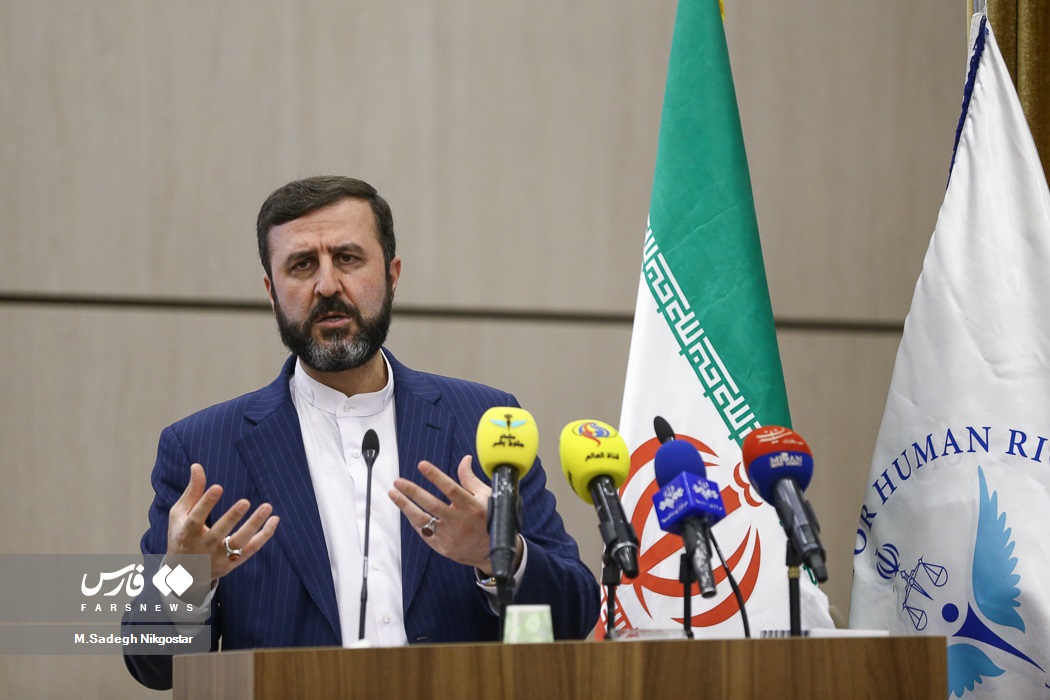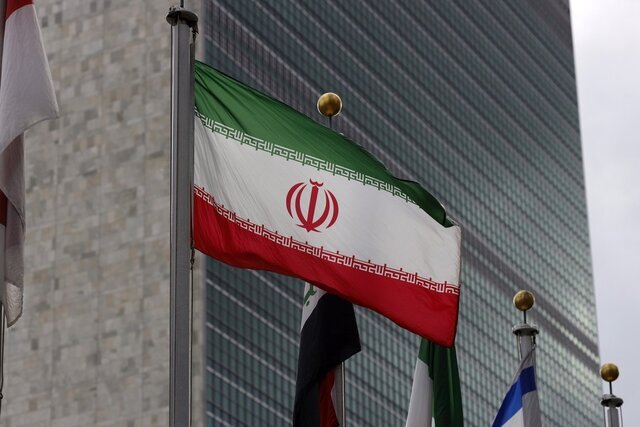ARTICLE AD BOX
A Ukrainian missile attack killed two people in western Russia and a separate drone strike set an oil refinery ablaze on Saturday, the second day of an election that President Vladimir Putin has accused Kyiv of trying to disrupt.
The Ukraine war has cast a shadow over voting in the three-day presidential election, which is all but certain to hand Putin six more years in the Kremlin but has been marked by scattered acts of protest.
The head of the electoral commission, Ella Pamfilova, said there had so far been 20 incidents of people trying to destroy voting sheets by pouring various liquids into ballot boxes, as well as eight cases of attempted arson and a smoke bomb.
In the Belgorod region where cross-border attacks from Ukraine have become part of daily life, the governor reported the deaths of a man and a woman. Video obtained by Reuters showed fires ablaze and air raid sirens sounding on the empty streets of Belgorod city.
Dmitry Azarov, governor of the Samara region 850 km (530 miles) southeast of Moscow, said the Syzran refinery was on fire but an attack on a second refinery had been thwarted.
The fire was brought under control hours later, officials said, but the incidents highlighted Ukraine's ability to strike hundreds of miles (km) inside Russian territory to target its energy industry. Two other big refineries were set on fire earlier this week by drone strikes that shut down half or more of their output.
Russia's Defence Ministry said it had repelled attempts by Ukrainian forces to cross the border into Belgorod region. Governor Gladkov said that, given "the current situation", schools in much of the region would close on Monday and Tuesday, and that shopping centres in Belgorod city would be shut on Sunday and Monday.
Russia mounted its deadliest attack in weeks on Friday when its missiles hit a residential area in Ukraine's Black Sea port city of Odesa, killing at least 20 people and wounding more than 70.
PUTIN'S DOMINANCE
Putin's hold on power is not under threat. Aged 71 and in office as president or prime minister since the last day of 1999, he dominates Russia's political landscape.
None of the other three candidates on the ballot paper - veteran Communist Nikolai Kharitonov, nationalist Leonid Slutsky or Vladislav Davankov, deputy chairman of the lower house of parliament - has mounted any credible challenge.
Putin's leading critics are in prison or have fled abroad, prompting the opposition to call the vote a sham. Russia's best known opposition politician, Alexei Navalny, died in an Arctic penal colony last month and his supporters have accused Putin of having him killed. The Kremlin denied that, and his death certificate said he died of natural causes.
Overall turnout - an important indicator for Putin as he attempts to demonstrate the whole country is behind him - rose above 50% on the second day of voting.
The rate in Belgorod region, where Ukrainian cross-border strikes have become part of daily life, was over 70%. Turnout was also high in Russian-controlled regions of Ukraine where Kyiv says voting is illegal and void.
The main focus will be on Sunday's third day of voting, when Navalny's supporters have called on people to turn out en masse at noon in a rolling protest against Putin in each of the country's 11 time zones.
Pamfilova, the top election official, has said that people who try to disrupt voting are "scumbags" and could face up to five years in prison. She said, without providing evidence, that Ukrainian intelligence and its "accomplices and handlers" - a reference to the West - were behind the rash of protest actions seen so far at polling stations.
Russia's governing party, United Russia, said it was facing a widespread denial of service attack - a form of cyberattack aimed at paralysing web traffic - and had suspended non-essential services to repel it.
State news agency RIA quoted a senior telecoms official as saying the level of cyberattacks against Russia was "unprecedented", and blaming it on Ukraine and Western countries. He said some of the activity had been traced to IP addresses in Western Europe and North America.
(Except for the headline, this story has not been edited by NDTV staff and is published from a syndicated feed.)
.png)
 8 months ago
4
8 months ago
4








 English (US)
English (US)